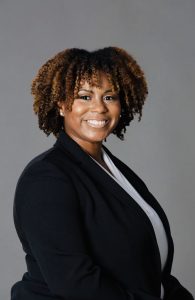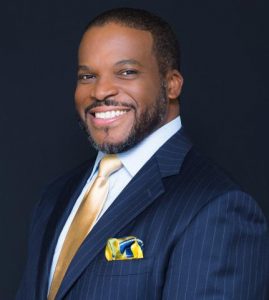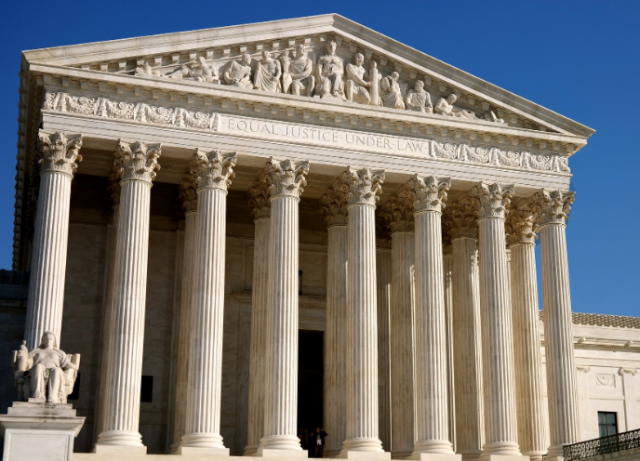By Ryan Michaels
The Birmingham Times
Birmingham-area attorneys on Thursday said they were not surprised that the U.S. Supreme Court ruled the race-conscious admissions programs at Harvard and the University of North Carolina were unlawful, rejecting affirmative action at colleges and universities around the nation.

“I was shocked but not completely surprised,” said Maya Hoyt of Birmingham-based Serious Injury Law Group. “I think that if we look at what has been happening on a national level, across the country, you see now where these diversity and inclusion programs are dissipating, that the writing was on the wall.”
The High Court found that using race as a factor for who gets admitted into colleges and universities violates the Equal Protection Clause of the 14th Amendment.
Hoyt said the decision “completely ignores the spirit and the vision” of the clause and “acts as if we are in a post-racial society.”
“So here we are with this decision that completely ignores the systemic barriers that continue to exist for minority students. It is a colorblind approach. It completely ignores the reality of minority experiences in this country,” Hoyt said.
While some people today make the argument that using race as a factor is no longer needed, diversity in higher education is beneficial, said Richard Rice, owner of The Rice Firm LLC in Birmingham.

“College and universities certainly benefit from having a diverse community, a diverse group of students,” Rice said. “I think it’s important … to promote the type of atmosphere that is conducive to learning and exchanging ideas, and I just don’t think that’s something that we should take for granted.”
Diversity is not something that you have to intentionally create, he said. “That’s just the way it should be, and to the extent that colleges and universities don’t
reflect that, then I think they should be intentional about reflecting the communities that they exist in,” Rice said.
Crystal Smitherman of Smitherman Law Office LLC in Birmingham said considering race in university admissions “levels the playing field” for people who have historically been discriminated against.

Thursday’s decision set the clock back for many wins from the Civil Rights movement, she said.
“This just opens the door for more blatant discrimination against people of color, and not just Black people, anybody that has any color, so Asian Americans, Native Americans, the Hispanic community and all other races or colors included,” said Smitherman, who also serves as president pro tem on the Birmingham City Council.
Eric Guster of Guster Law Firm LLC said he would like to see more students focus on Historically Black Colleges and Universities (HBCU).

“I definitely am a proponent of HBCU education because it definitely gave me the foundation in truly believing in myself and being able to overcome any other obstacles,” said Guster, a graduate of Alabama State University (ASU), an HBCU, in Montgomery.
“Because, [in] college, you’re still learning about yourself. You’re still trying to figure it out. You’re still a young adult. So having that basis definitely helped me,” he added.
ASU President, Dr. Quinton T. Ross, Jr., said his institution “like the other 106 HBCUs was birthed out of necessity due to the discriminating practices of educational institutions, both secondary and higher educations. Today’s ruling does not have a negative impact on Alabama State University as we have always prioritized educating and fostering leaders of all backgrounds and races, with no need for a precedent to do so.
He added that the ruling adds continuous evidence of the ongoing challenges this nation faces due to the racial divide.
“Alabama State University will continue to provide equal and high-quality opportunities to all individuals seeking to become global change agents despite their race,” he said.





